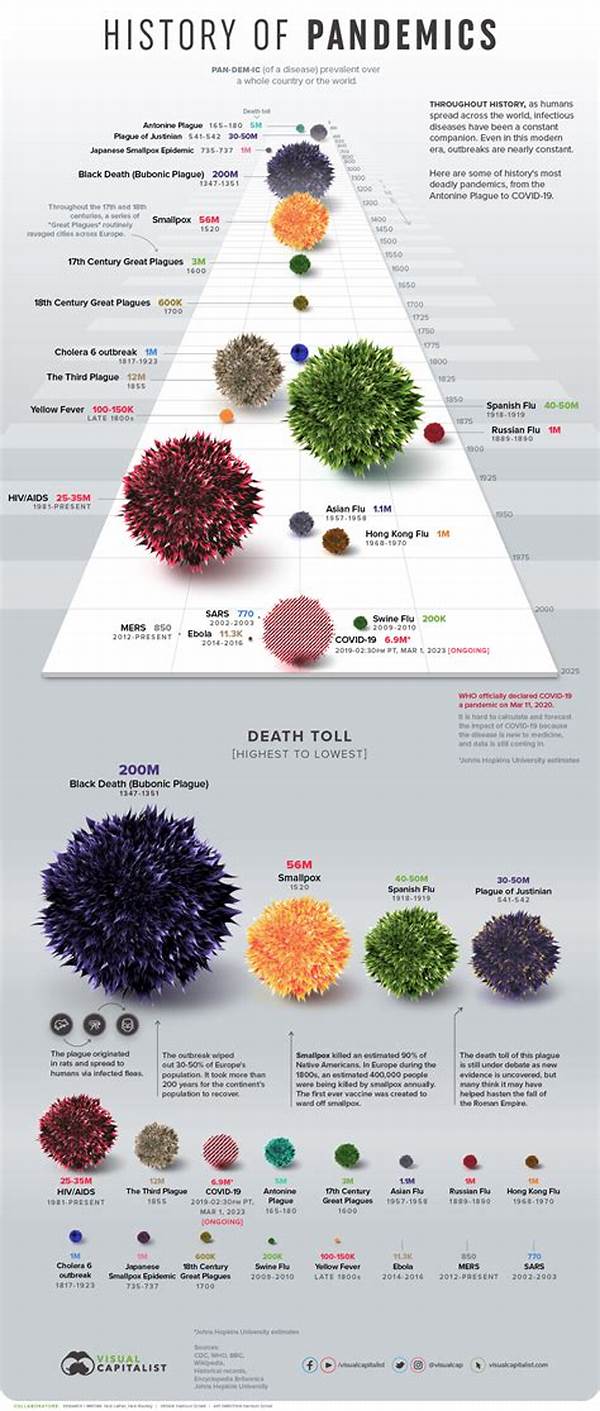In today’s fast-paced digital era where information is available at the swipe of a finger, understanding our past, especially the pandemics and healthcare evolutions, is not only insightful but invaluable. Enter the captivating realm of audio visual history sources documenting pandemics and healthcare history – a treasure trove of learning that’s more engaging than your favorite TV series. Imagine unearthing tales of bravery, innovation, and resilience through the magic of visual and sound elements. This isn’t just history—it’s a journey into the very essence of human courage and ingenuity!
Read More : Immersive Projection Mapping Audiovisual For Theater Concerts
Think of this as your exclusive pass to a spectacular archive, where you will discover unique stories blended with witty humor and emotional testimonials. These sources make the complex saga of pandemics and healthcare milestones not only accessible but irresistibly compelling. A delightful mix of being educative, funny, and sometimes soul-stirring, these records are a marketer’s thrill and a blogger’s dream come alive. Intrigued already? Let’s dive deeper, uncovering the intriguing narratives that these audio-visual marvels hold.
The Power of Audio Visual History Sources
The realm of audio visual history sources documenting pandemics and healthcare history is not just about records; it’s a dynamic canvas illustrating human ancestry and intellect. These sources come alive with documentaries, newsreels, interviews, and even dramatizations that serve as time machines, transporting you to different epochs plagued by health crises and how societies triumphed over them.
Bringing History to Life with Visuals
Audio-visual mediums stand unparalleled when it comes to engaging audiences. The power of combining footage and sound delivers an immersive experience that written texts often fail to match. Imagine seeing the bustling streets suddenly silent during the Spanish Flu or hearing first-hand accounts from survivors and healthcare workers who witnessed historical health battles. Such vivid portrayals not only educate but also evoke empathy and understanding.
Engaging the Modern Viewer
In a world driven by visuals, even the most intriguing of texts might find it hard to compete. Blogs and banner ads, step aside! Audio-visual content effectively grabs attention, evokes emotions, and prompts calls to action. For stakeholders in marketing, education, and history, embracing these sources means providing an emotionally persuasive experience that cannot be easily forgotten.
Understanding Our Past: Why It Matters
Exploring audio visual history sources documenting pandemics and healthcare history provides valuable insights into the triumphs and failures of past societies. Exclusive footage and interviews offer a multi-dimensional understanding of global health events, invaluable for current and future generations.
Lessons from the Past
These sources do not serve merely as historical artifacts. They open dialogues, foster discussions, and inspire research, affording opportunities to learn from past mistakes and successes. They beseech educational institutions, historians, and bloggers alike to analyze and interpret these archives for nurturing informed citizens.
Broadening Perspectives
Audio-visual history sources extend beyond the boundaries of textual limitations, offering a broader perspective. Citizens can witness the effects of policies, the socio-economic impact of pandemics, and the resilience of humanity. It’s an invitational journey to a global experience, where individuals across generations connect over shared histories and aspirations.
Detailing Audio Visual History Sources
Understanding the scope and purpose of these resources enriches our perception of the past.
Audio and video interviews with survivors and healthcare pioneers highlight personal anecdotes, bringing a human touch to the recorded events.
Historical films and photographs capture the evolution of medical technologies and practices, offering visual proof of advancement.
Schools and universities provide these resources to offer students a tangible and relatable perspective of historical health events.
Read More : Examples Of Audiovisual Media Tools Every Small Business Should Explore
Accessing audio visual history sources sparks inspiration for new investigations, as researchers and historians piece together the vast mosaics of health history.
The Journey of Making History Accessible
Audio visual archives are more than just collections; they are bridges to education and understanding. By integrating humor, stories, and innovative marketing strategies, they break barriers, making the unknown known and the impossible possible.
Points on Audio Visual History Sources
These sources convey complex health narratives effectively, enriched with emotions and lived experiences.
They utilize storytelling for an impactful rendition of historical events, capturing viewer interest and inciting thoughtful reflection or action.
Featuring testimonies and authentic voice recordings ensures the preservation of narratives directly from those who lived through historical pandemics.
Beyond records, these sources act as catalysts for new ideas, grounded analysis, and meaningful interactions.
Leveraging these sources for marketing or educational campaigns makes history engaging and relatable.
A Compelling Summary
Audio visual history sources documenting pandemics and healthcare history, with their dynamic ability to educate and evoke emotion, are powerful tools that promise to enhance marketing, education, and intellectual understanding. Through these sources, we not only relive history but reflect upon it with fresh perspectives, allowing marketers and bloggers to weave relatable, engaging content while presenting stories of courage, resilience, and transformation in an effective narrative arc.
Embracing Audio Visual History – A Vision Forward
As we move forward, these audio visual archives stand as testimonials to our past, guiding pillars for the future, and treasure troves for the curious minds—an open invitation to all who wish to understand how far we have journeyed and how much further we can go, fueled by knowledge and inspiration from history’s vivid lessons.
